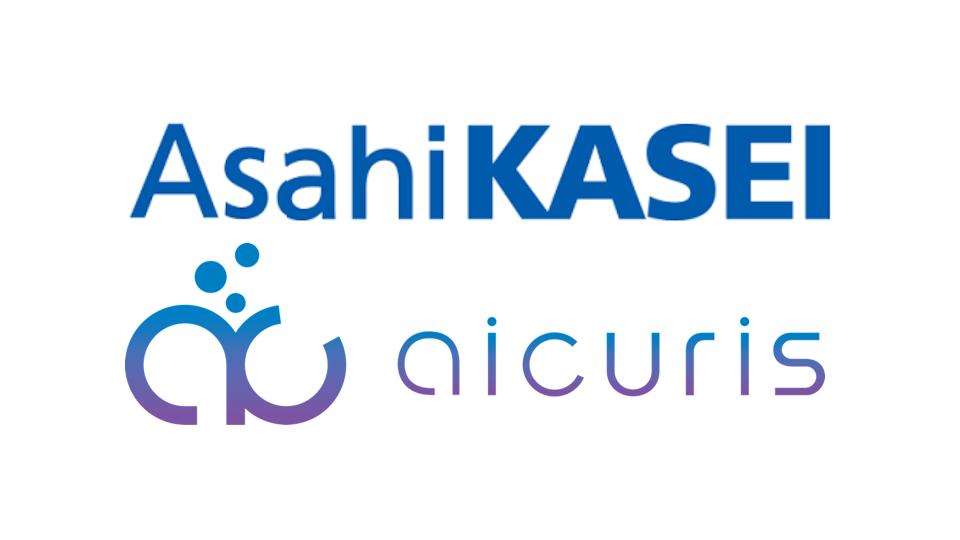FTC lawsuit against Amgen sends shiver through pharma

Rumours that the US financial regulator is planning to block Amgen’s $28 billion takeover of Horizon Therapeutics have turned out to be true, and the industry is now scrambling to work out the implications of the move.
The Federal Trade Commission said it was filing a lawsuit to try to stop the deal from taking place as it would “enable Amgen to stifle competition for thyroid eye disease (TED) and chronic refractory gout treatments.”
It maintains that Amgen will be able to use rebates on its existing drugs to pressure insurance companies and pharmacy benefit managers to “favour” TED therapy Tepezza (teprotumumab) and Krystexxa (pegloticase) for gout.
That’s a somewhat unusual position for the regulator, which usually focuses on areas where an overlap in merging companies’ product portfolios could lead to a monopoly, as at the moment, neither of the drugs have any competition in the market.
The FTC said it was concerned that Amgen would be able to squeeze out future therapies for TED and gout through “cross-market bundling” – making rebates on established, big-selling drugs like TNF inhibitor Enbrel (etanercept) in exchange for preferred placement on formularies for other medicines.
Meanwhile, fears that the regulator was taking a broader aim at pharma industry M&A – which has sparked concerns among some lawmakers – have been realised.
“Rampant consolidation in the pharmaceutical industry has given powerful companies a pass to exorbitantly hike prescription drug prices, deny patients access to more affordable generics, and hamstring innovation in life-saving markets,” said Holly Vedova, director of the FTC’s Bureau of Competition.
“Today’s action – the FTC’s first challenge to a pharmaceutical merger in recent memory – sends a clear signal to the market: The FTC won’t hesitate to challenge mergers that enable pharmaceutical conglomerates to entrench their monopolies at the expense of consumers and fair competition.”
Amgen said it was “disappointed” by the regulator’s position and “remains committed to completing this acquisition, which will bring significant benefits to patients suffering from very serious rare diseases in the US and around the world.”
The drugmaker added that the concern about bundling and rebates “does not reflect the real world competitive dynamics behind providing rare-disease medicines to patients.”
Horizon meanwhile insisted that it “does not and has no plans to bundle any of its rare disease medicines”, and that the FTC’s action will disrupt its ability to make the medicines available to more patients.
One commentator from the sidelines – Regeneron chief executive Len Schleifer – told the FT Pharma Summit that he is glad the FTC is looking into the issue, pointing to upcoming litigation between Amgen and Regeneron over rebate practices related to their rival PCSK9 inhibitors for cholesterol lowering.
Jefferies managing director Michael Yee told CNBC, however, that he feels the FTC is overreaching in this case, and blocking the transaction could impact how quickly Horizon’s drugs are developed for other indications and overseas markets.
“We believe this transaction will go through,” he said, but is likely to be delayed by a few months. In the short term, he also expects the litigation to reduce large-scale M&A dealmaking in biopharma, but without much of an impact on deals involving small and mid-sized companies for assets not yet on the market.
The FTC said the lawsuit ties in with other initiatives it is pursuing, including an investigation into the business practices of PBMs.













